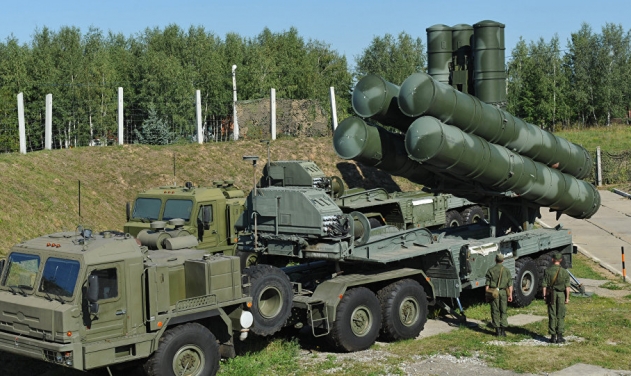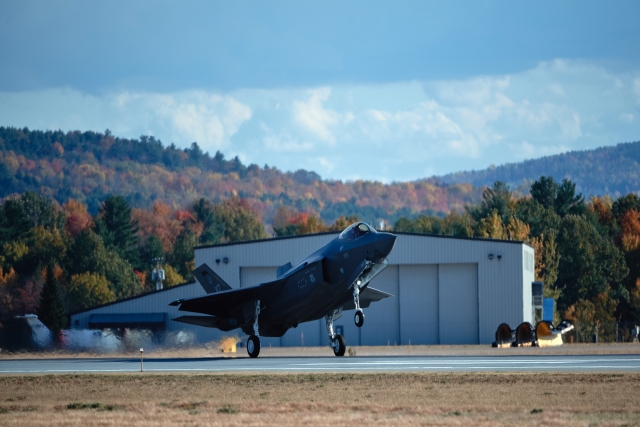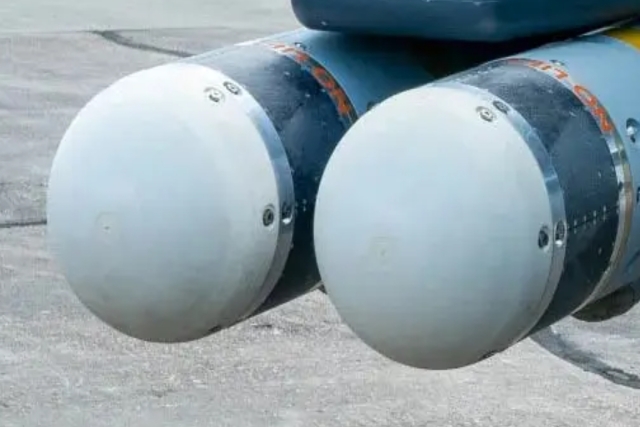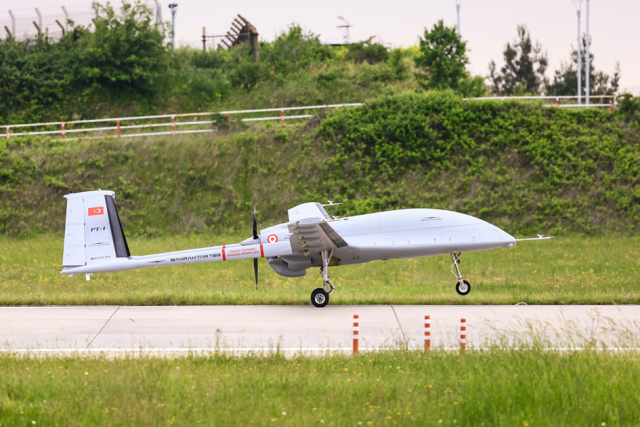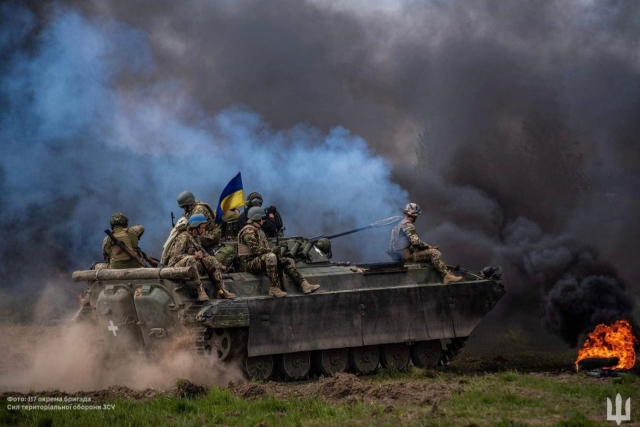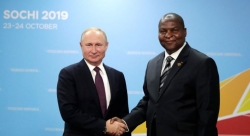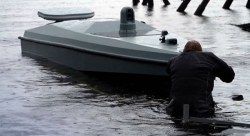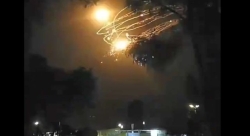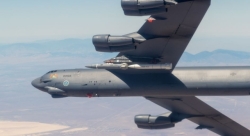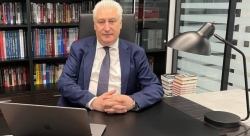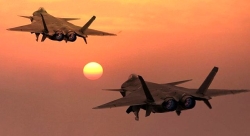Turkish Retaliation to U.S. S-400 Sanctions to 'Hurt' Bilateral Ties: MFA
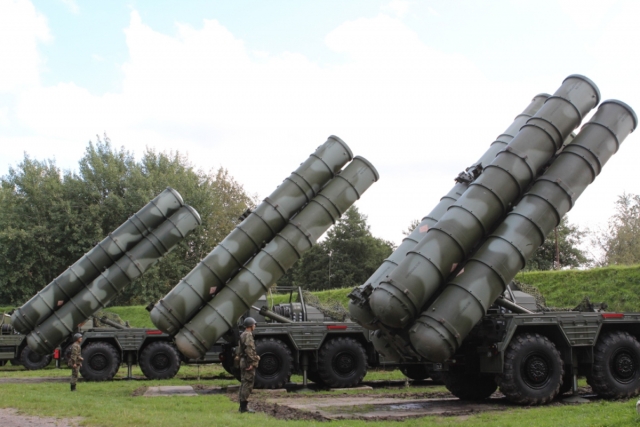
Turkey’s Ministry of Foreign Affairs said its move in response to America’s sanctions for buying Russian S-400 Triumf systems will sour Turkey-U.S. relations.
On Monday, Secretary of State Mike Pompeo announced a series of sanctions under the CAATSA against Turkey’s military procurement agency known by the Turkish acronym SSB and four senior Turkish officials. These sanctions prohibit SSB from accessing loans from either U.S or international financial institutes, restricts exports licenses for Turkish military products built with U.S components, and initiates visa and asset freezes on SSB's executives.
"The U.S. preference of rejecting our offer to solve the issue through diplomacy and imposing one-sided sanctions instead is an inexplicable act. Turkey will take the necessary steps against this decision, which will negatively affect our relations and will retaliate in a manner and timing it deems appropriate. Turkey will never refrain from taking the necessary measures to safeguard its national security,” the MFA said in a statement today.
Background: S-400, Patriot and F-35 Jet
Ankara bought S-400 air defense systems (ADS) after Washington refused to sell Patriots. Their ties severed since the $2.5 billion contract with Russia was signed in 2017. The U.S. then constantly tried to persuade Turkey to ditch the systems for its Patriots and threatened to impose sanctions under Section 231 of the Countering America’s Adversaries Through Sanctions Act (CAATSA).
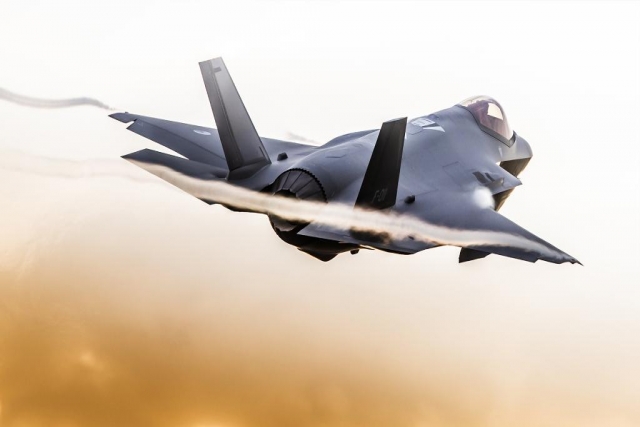
The U.S. struck off NATO-ally Turkey’s name from the list of F-35 Lightning II program partners and denied selling the jets as soon as Russia began shipping S-400s to Turkey in July 2019. It argued that the system could be used by Russia to covertly obtain classified details on the world’s most advanced jet, the F-35. So far, Turkey has reportedly received 4 batteries consisting of 36 fire units and over 192 missiles. The U.S. is also allegedly selling F-35 jets it built for Turkey, to Greece, which, if true, would add salt to the wound. Turkey recently concluded tests of its S-400s.
Turkey’s Possible Moves
Turkey could abruptly halt the production of F-35 components. Even after being kicked out of the F-35 project, Ankara was expected to continue manufacturing of parts until 2022.
After Ankara’s ouster, the F-35 program found new sources for 1,005 parts previously produced by Turkish suppliers. In May, an official from the Government Accountability Office (GAO) had said that Turkish firms will provide F-35 parts through the end of lot 14 deliveries (scheduled to take place through 2022), in part, to avoid disruptions to aircraft deliveries and additional cost growth from standing up new suppliers.
Additionally, Turkey could buy more Russian equipment including additional S-400 ADS and stealthy Su-57 fighters. While Turkish President Recep Tayyip Erdogan has already hinted at Su-57 purchase, a Russian official claimed the list includes even Su-35 jets and electronic warfare systems.
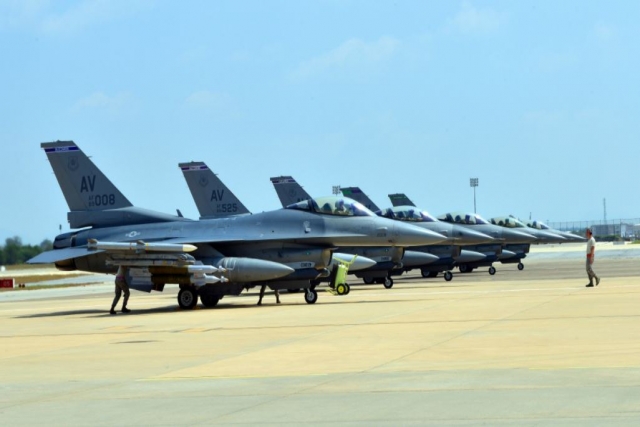
Turkey May Deny Incirlik Air Base to U.S. Air Force: Turkish Media
Turkey may retaliate against the U.S. sanctions against its defense industry by demanding it leave Incirlik Air Base.
According to a report in Ahval News, this option is on the table as a response after Turkey’s MFA threatened retaliation.
Incirlik Air Base has been jointly operated by the U.S and Turkish Air Force for decades and it has been an important base for U.S operations in Iraq and Syria. The base is also home to forward deployed tactical nuclear weapons.
U.S. S-400 CAATSA Sanctions to Hurt India & China?
Although the U.S. has not directly threatened India or China for their purchase of S-400s, Christopher Ford, Assistant Secretary for International Security and Nonproliferation, said today, “We hope that other countries around the world will also take note that the United States will fully implement CAATSA Section 231 sanctions and that they should avoid further acquisitions of Russian equipment, especially those that could trigger sections (231 of CAATSA).”

